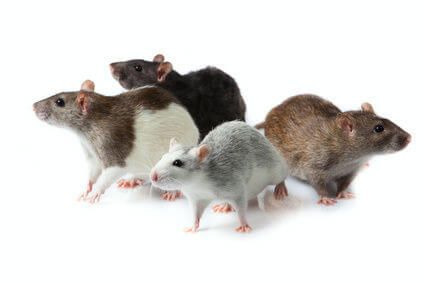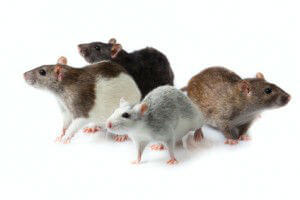
Spices add zest and color to some of our favorite dishes and even contain a number of health-promoting properties. However, you may get more than this according to a new Food and Drug Administration report (Pathogens and Filth in Spices) that tells us that 12% of spices imported into our country are actually contaminated with bug parts, rodent hairs and other strange ingredients that would make your stomach turn.
In the same report it was noted that 7% of the imported spices investigated were tainted with salmonella. This toxic bacteria can cause severe abdominal cramping, fever and diarrhea. In fact, the nasty stuff that the FDA found in imported spices was twice what was found in other imported food.
There is no telling how many people get sick from spices or seasonings because many people forget to list these as foods when they become ill. Although the FDA reports only 2,000 illnesses attributed to spices in the last 37 years, the actual number could be quite a bit higher.
The two countries that we depend on the most for spices, India and Mexico, had the highest contamination rates. Common spices like ginger, black pepper, allspice and poppy seeds were the most compromised.
Investigators note that the supply chain is complicated and contamination can enter anywhere along the way, from the small farmers who grow, gather, dry and store the crops to the collector where it is stored again before it is sent to a larger facility for treatment.
There are lots of opportunities for spices to be negatively impacted. They enter the United States in one of two forms, either they are cleaned and bottled in another country or they come in large sacks in their raw form and are shipped to commercial facilities. Once the spice arrives at the facility, it is cleaned several times to get rid of debris.
The Spice Board in India is coming alongside small farmers to help educate them regarding safe collection and storage practices that will hopefully reduce the risk of contamination. The agency, along with the American Spice Trade Association has also provided food safety training in India. In addition, the FDA has increased its inspection of spice facilities and promises to do more to protect the general public from tainted spice.
What You Should Do
Although you can’t get all of your spices and seasonings locally – getting what you can from a reputable dealer will help protect you and your family. Furthermore, purchasing organic spices and seasoning also offers up more protection. It is definitely worth paying a little extra.
-The Alternative Daily


